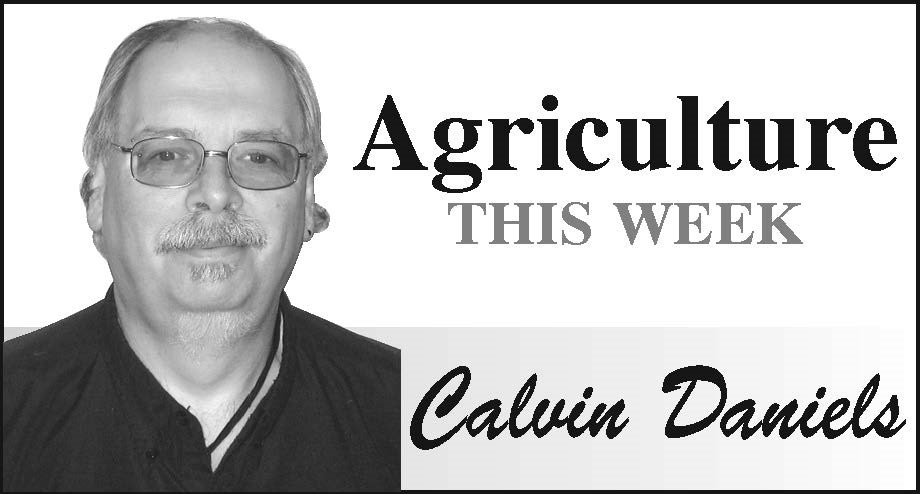Given the lack of Liberal MPs that exist on the Canadian Prairies, and in particular in Alberta and Saskatchewan, it is rather obvious the federal Liberal Party is not particularly popular out this way.
If you go by the political rhetoric of the Premiers of the provinces and if you happen to frequent the world of social media, the Liberals and in particular Prime Minister Justin Trudeau are failing this country in truly massive ways.
Of course that the PM and the Liberals recently won re-election does speak to their general popularity nationally, leaving the aforementioned provinces with a very small voice at the table of government as the region went solidly against the still ruling party.
Some of the disgruntlement is pure sour grapes, Alberta and Saskatchewan having wanted a Conservative government and when that did not unfold there has been something of a political tantrum in response.
But, issues have arisen more recently that suggests the federal government is not only out of touch with the agricultural Prairies, but more concerning nationally is a lack of direction through some trying times.
On the purely agricultural side there continues to be pressure on the federal government to offer farmers some sort of relief surrounding the carbon tax, and how that tax impacted costs this past fall as producers were forced to dry most of the crop due to poor harvest conditions.
The farm sector is of course a small one these days in terms of votes and with Alberta and Saskatchewan already anti-Trudeau at every turn, there is little political incentive to move on grain drying cost relief, but it is a reasonable olive branch to offer if the federal Liberals ever hope to regain even a modicum of support.
An issue with impact across the country, but also hitting farmers, is the continued blockades of rail lines by Indigenous groups.
Some Indigenous groups and their supporters are protesting the construction of the Coastal GasLink pipeline in British Columbia.
While a number of First Nations band councils have signed agreements in favour of the project, Wet’suwet’en hereditary chiefs have not accepted the authority of those elected bodies, saying council authority applies only to reserve land and much of the pipeline project is not on a reserve. In solidarity with the hereditary chiefs, supporters and environmental activists have set up blockades at several locations in the country.
This is a minefield for the Liberals. There is an expectation of being allowed to protest in this country. The party has some of its base support within the environmentalist community.
And the relationship between the federal government and Indigenous groups is one that cannot be discounted in a situation like this.
While there are those calling for forced removal of the blockades, even calling for military intervention in needed, negotiation is more the Canadian way. The Oka Crisis in Quebec lasted some 78 days before resolution under a then Conservative government headed by Brian Mulroney.
But this time the disruption is rippling over a far greater area of the country with negative impact on the economy. It needs to be addressed, and Trudeau must be at the forefront. That does not mean he needs to lead the troops, but it does mean finding a way both sides can walk away with a feeling they have accomplished something, but still allows the trains to roll.
It would be another step in the Liberals showing the Prairies we still matter.
Calvin Daniels is Editor with Yorkton This Week.



